This curated list of melodramas set against the backdrop of dictatorship explores the complex interplay between love, power, and oppression. These films not only entertain but also offer a poignant reflection on human resilience and the quest for freedom amidst political turmoil. Each film provides a unique perspective on how personal relationships are tested and transformed under the shadow of authoritarian rule.
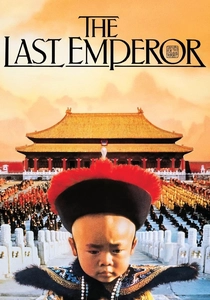
The Last Emperor (1987)
Description: While not strictly a melodrama, this epic biopic of China's last emperor, Puyi, explores themes of love, betrayal, and the personal toll of political power.
Fact: Filmed in the Forbidden City, it was the first Western film to be shot there. It won nine Academy Awards, including Best Picture.
 Watch Now
Watch Now

The Pianist (2002)
Description: Although primarily a Holocaust drama, it includes elements of melodrama as it portrays the life of Władysław Szpilman, a Polish-Jewish pianist, and his struggle for survival and love for music.
Fact: Adrien Brody won the Academy Award for Best Actor for his role, becoming the youngest actor to win in that category at the time.
 Watch Now
Watch Now
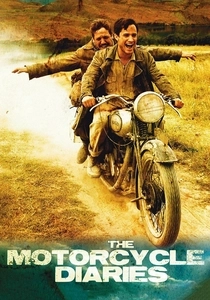
The Motorcycle Diaries (2004)
Description: While not directly about dictatorship, it shows the early life of Che Guevara, whose later actions were influenced by the oppressive regimes he encountered.
Fact: The film was shot in various locations across South America, retracing the actual journey of Guevara and Granado.
 Watch Now
Watch Now
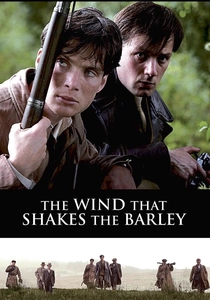
The Wind That Shakes the Barley (2006)
Description: Set during the Irish War of Independence, this film explores the personal and political conflicts that arise, including the love story between two brothers on opposite sides of the conflict.
Fact: It won the Palme d'Or at the Cannes Film Festival in
 Watch Now
Watch Now
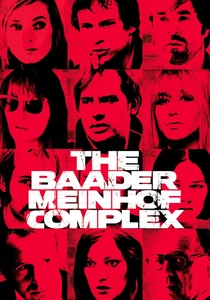
The Baader Meinhof Complex (2008)
Description: This film explores the radicalization of the Red Army Faction in Germany, focusing on the personal lives and relationships of its members amidst their fight against perceived oppression.
Fact: It was nominated for the Best Foreign Language Film at the 81st Academy Awards.
 Watch Now
Watch Now

The King's Choice (2016)
Description: This Norwegian film focuses on King Haakon VII during the Nazi invasion of Norway, showing his personal struggle and the impact on his family.
Fact: It was Norway's submission for the Best Foreign Language Film at the 89th Academy Awards.
 Watch Now
Watch Now
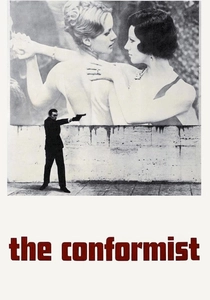
The Conformist (1970)
Description: Set in fascist Italy, this film follows a man who becomes an agent for Mussolini's regime, exploring his internal conflict and his relationship with his wife.
Fact: The film's visual style was highly influential, and it was nominated for an Academy Award for Best Adapted Screenplay.
 30 Days Free
30 Days Free
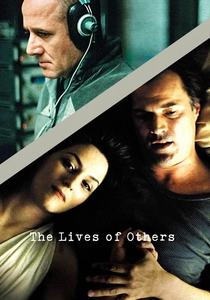
The Lives of Others (2006)
Description: This German film delves into the life of a Stasi officer who becomes emotionally involved with the lives of the artists he is surveilling, highlighting the personal impact of a surveillance state.
Fact: The film won the Academy Award for Best Foreign Language Film in
 30 Days Free
30 Days Free









